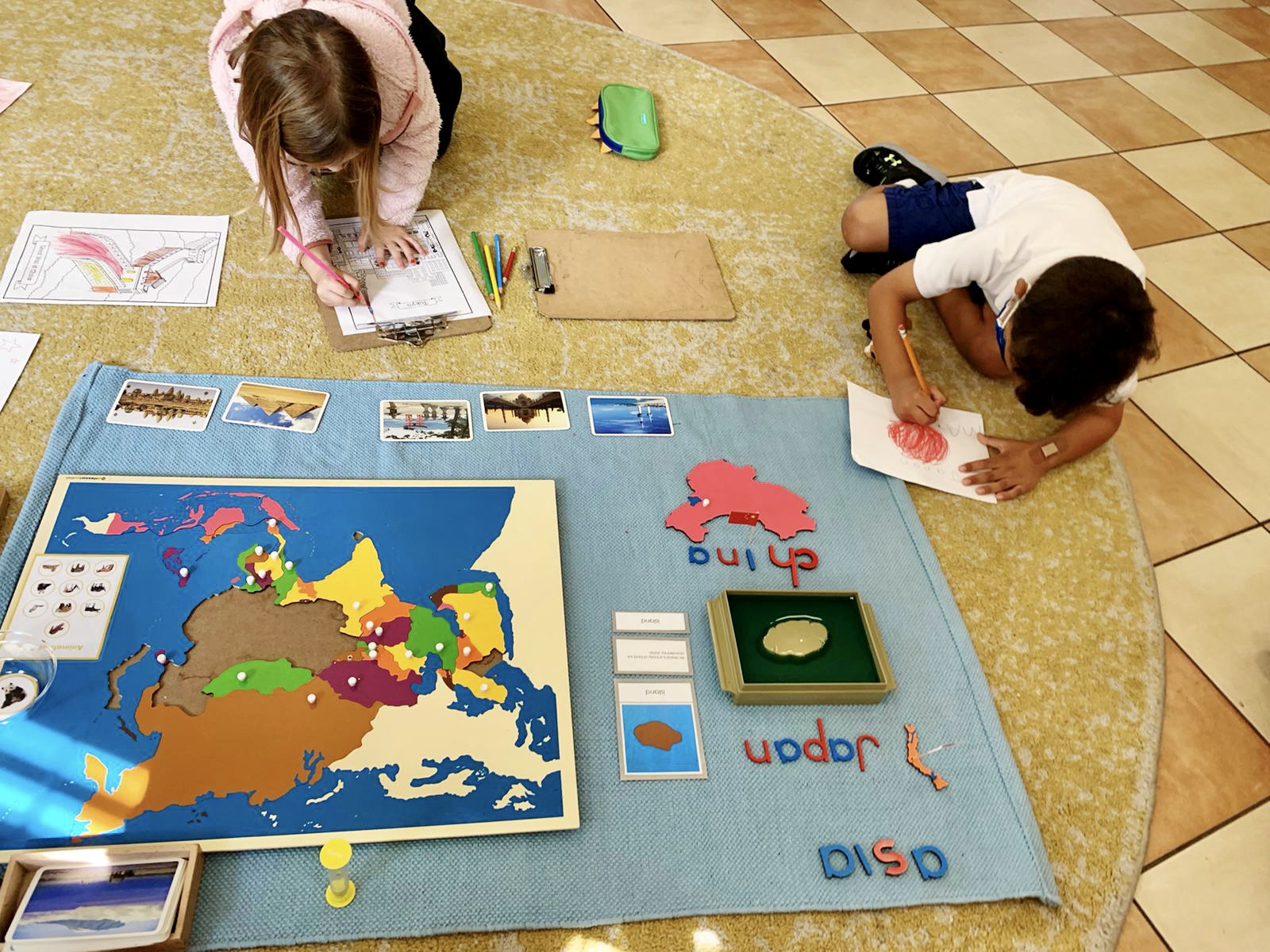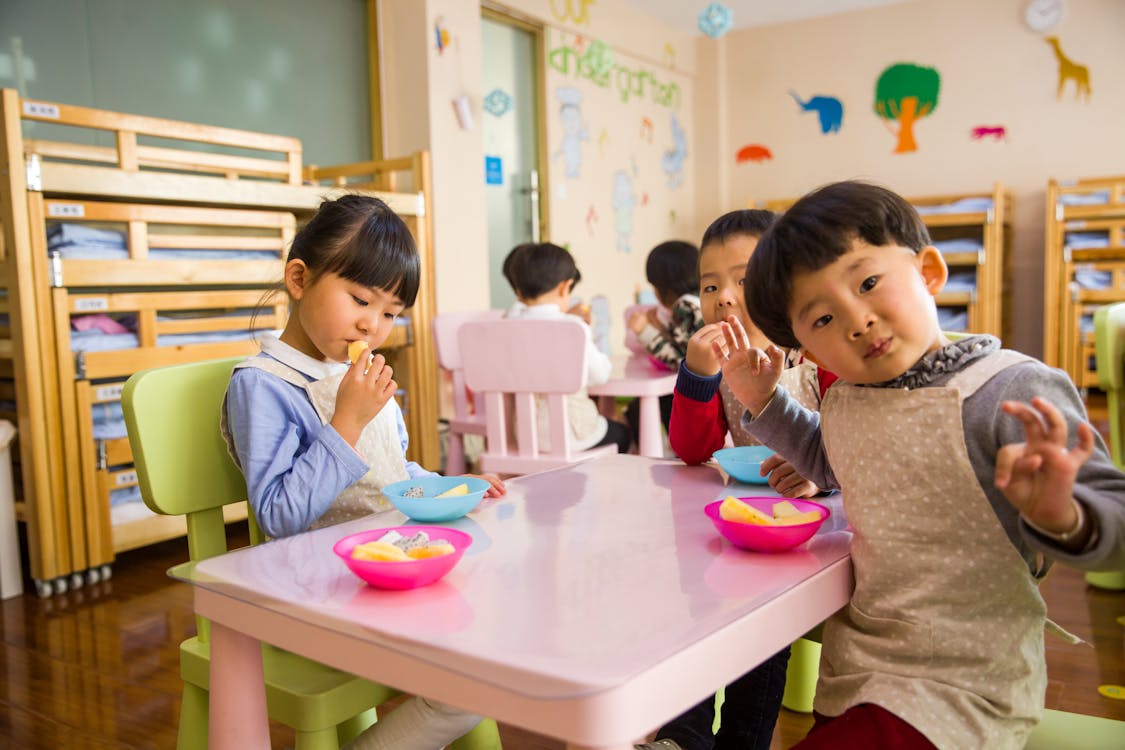Montessori And Social-Emotional Learning: Building A Foundation For Life
The Magic of Montessori: Unlocking Social-Emotional Growth in Our Little Humans
Remember those days when your little one was a tiny, curious explorer, fascinated by the world around them? That’s the magic of childhood, and it’s a magic that Montessori education cherishes and nurtures.
But what if I told you that Montessori isn’t just about colorful blocks and sensory activities? It’s about building a foundation for life, one that goes beyond academics and dives deep into the heart of social-emotional learning (SEL).
Now, I know what you’re thinking: “SEL? Isn’t that just fancy talk for teaching kids how to share their toys?” Well, it’s actually much more than that.
SEL: The Missing Piece in Our Children’s Development
Imagine a world where your child confidently expresses their emotions, navigates social situations with grace, and tackles challenges with resilience. That’s the power of SEL. It’s about equipping our children with the tools they need to thrive in all aspects of life, from their personal relationships to their academic pursuits and beyond.
According to the Collaborative for Academic, Social, and Emotional Learning (CASEL), SEL is the ability to understand and manage emotions, build healthy relationships, make responsible decisions, and achieve personal and academic goals.
Why Montessori and SEL are a Match Made in Heaven
Think of Montessori as a fertile ground for SEL to flourish. It’s a philosophy that emphasizes the individual child’s needs, fosters independence, and encourages self-discovery. These are the very pillars upon which strong social-emotional development is built.
Here’s how Montessori fosters SEL in a way that truly resonates with young minds:
1. A World of Freedom and Responsibility:

Montessori classrooms are vibrant and engaging spaces where children are given the freedom to explore their interests and make choices. This autonomy isn’t just about fun; it’s about cultivating a sense of responsibility. When children are empowered to make decisions, they learn the consequences of their actions, both positive and negative. This empowers them to become self-directed individuals who understand the link between choices and outcomes.
2. Respect for the Individual:
Montessori recognizes that every child is unique, with their own pace of learning and individual strengths. This means that children are encouraged to learn at their own speed and in their own way. This respect for individuality fosters self-esteem and confidence, empowering children to embrace their uniqueness and celebrate their differences.
3. Learning Through Play:
Play is not just about having fun; it’s a powerful tool for learning and development. Montessori classrooms are filled with engaging activities that encourage children to explore, experiment, and discover. Through play, children develop essential social-emotional skills like communication, cooperation, and problem-solving.
4. The Power of Practical Life Activities:
Practical life activities, such as pouring, scooping, and setting the table, are integral to Montessori education. These seemingly simple tasks are actually complex exercises in coordination, concentration, and self-discipline. They also teach children valuable life skills like responsibility, independence, and respect for others.
5. Building a Sense of Community:
Montessori classrooms are built on a foundation of respect and collaboration. Children learn to work together, share their ideas, and support each other. This fosters a strong sense of community and belonging, essential for developing social skills and building healthy relationships.
The Research Speaks Volumes
The benefits of Montessori education on social-emotional development are backed by research. Studies have shown that children who attend Montessori schools exhibit higher levels of self-confidence, empathy, and social skills. They are also more likely to be independent, responsible, and resilient.
A Glimpse into the Future
The world our children are entering is more complex and challenging than ever before. They need to be equipped with the skills to navigate a rapidly changing landscape, build meaningful relationships, and contribute to a better future.
By embracing Montessori education, we can empower our children to become confident, compassionate, and resilient individuals. We can help them unlock their full potential and build a foundation for a life filled with purpose and meaning.
So, let’s embrace the magic of Montessori and let our children thrive in a world where social-emotional learning is not just a buzzword, but a cornerstone of their development.
Here are some resources to learn more about Montessori and SEL:
- The American Montessori Society: https://www.amshq.org/
- The National Association for the Education of Young Children: https://www.naeyc.org/
